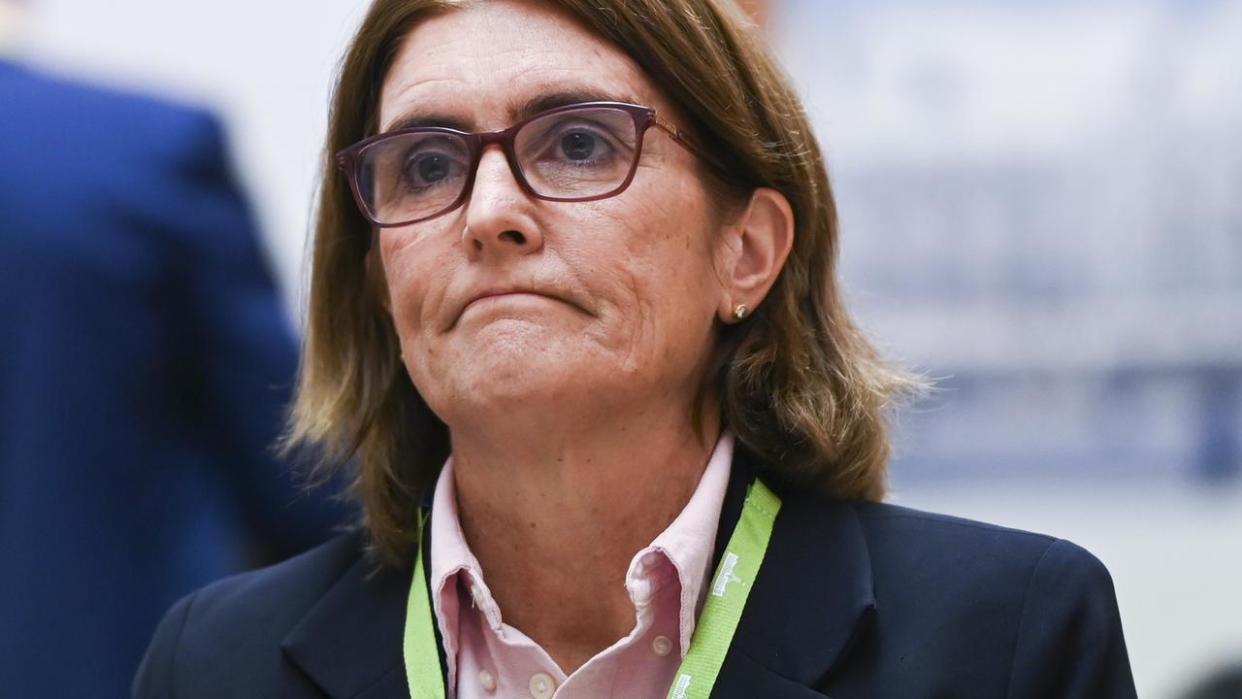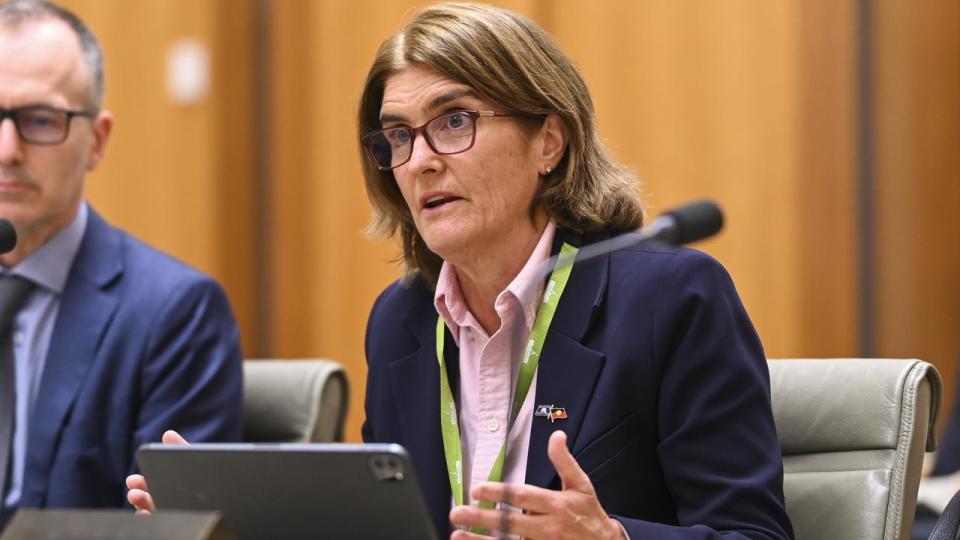Borrowers ‘very unhappy’ with us: RBA

Reserve Bank governor Michele Bullock has made a frank admission, conceding borrowers are “very unhappy” with the central bank, but are coping with higher interest rates.
Speaking at a central bank conference in Hong Kong on Tuesday, Ms Bullock said the RBA’s punishing 13 rate hikes had generated considerable “noise” from politicians and the community at large.
“People are very unhappy. The cash flow channel works very quickly in Australia, and it’s very prominent,” Ms Bullock said with reference to the number of borrowers who had transferred from fixed loans to much higher variable rates in recent months.

“But what I’d like to highlight is despite that noise, households and businesses in Australia are actually in a pretty good position. Their balance sheets are pretty good.
“Through the pandemic, they built up large savings buffers, and they’re largely still intact.
“Housing prices are rising again, much to everyone’s surprise, so that’s sort of helping people feel a little bit more wealthy.”
Governor Bullock said as higher interest rates had begun to curb inflation, the RBA needed to be “a little bit careful” to not unnecessarily restrict economic activity.
“We want to make sure that we keep inflation under control and we bring it back down to our band,” she said.
The central bank would “also need to make sure we do that in the context of not imposing on the economy too much and raising the unemployment rate”.

Later in her remarks, Ms Bullock said businesses were able to pass through higher wages and costs to consumers as aggregate demand remained robust.
While the central bank was limited in its ability to respond to soaring energy prices, insurance premiums and rents, Ms Bullock said they did generate “second round effects” that the RBA needed to respond to.
“Wages haven’t got completely out of control in Australia, they’re running at about four per cent,” she said.
“But without any productivity growth, that’s actually resulting in a reasonable increase in unit labour costs in Australia.
“So what I think we’re starting to observe is second-round effects of some of these costs. Businesses are finding that demand is sufficient and that they are able to pass those costs.”
The RBA board will convene for its final meeting of the year on December 5, where the central bank is widely expected to hold rates steady.
However, markets are pricing a 68 per cent chance of another rate increase to 4.6 per cent by June 2024.


